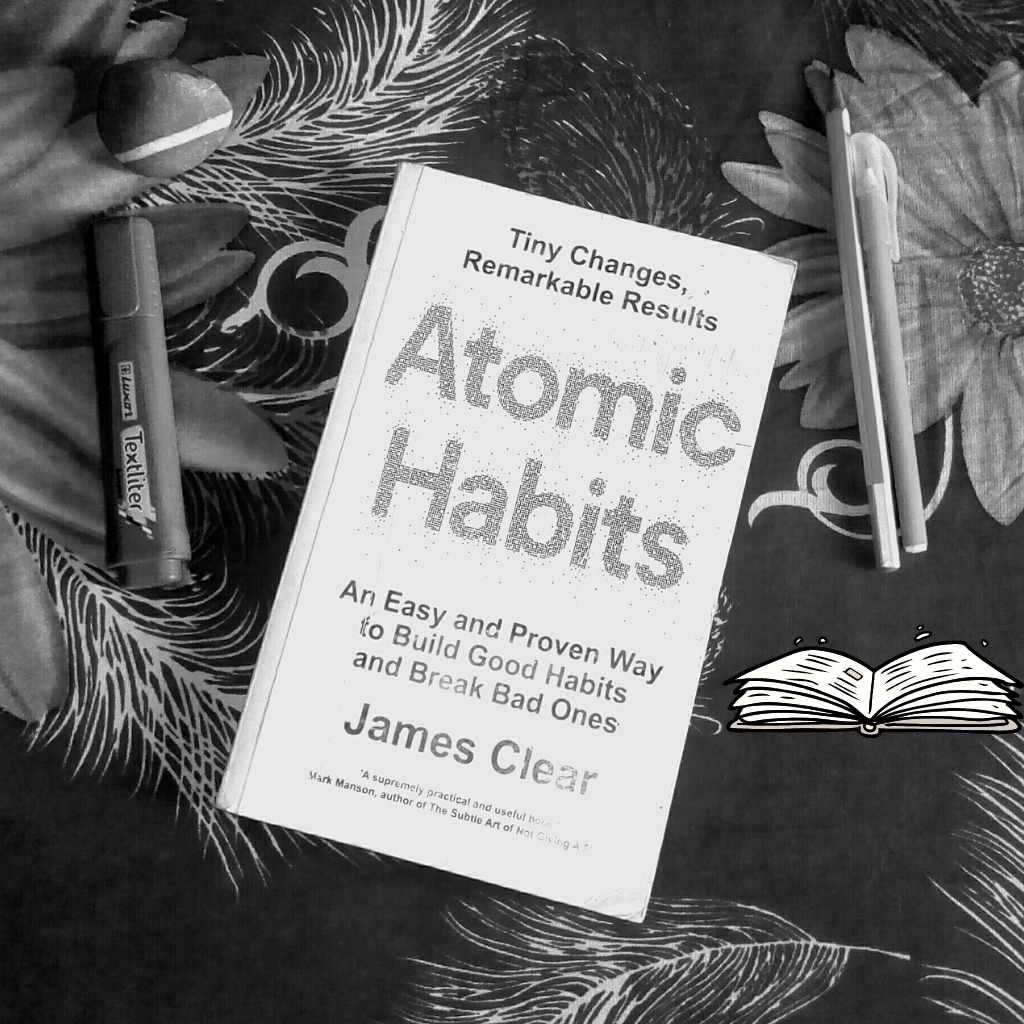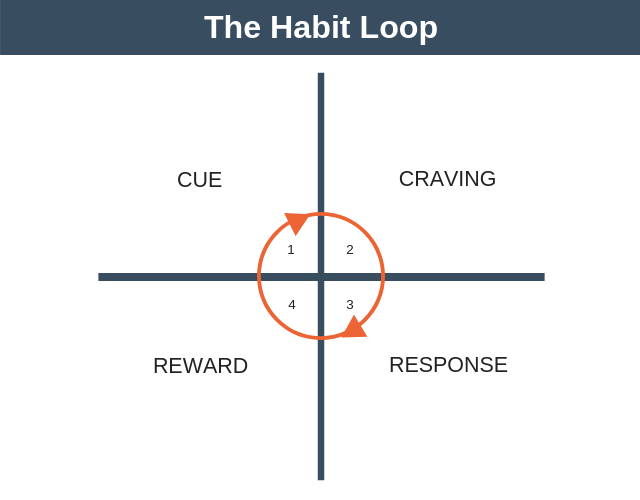
Atomic Habits: A James Clear’s Masterpiece
This book can thrill you with the mundane idea but unique and realistic perspectives.

“If you can get 1% better each day for one year, you will end up 37 times better by the time you are done. Conversely, if you get 1% worse each day for one year, you will decline nearly down to zero.’’
This simple but robust quote sums up the book entitled ‘Atomic Habits’ by James Clear. In a noisy world, James Clear provides pragmatic guidelines through his vicious yet realistic examples from our daily life. He aesthetically backed up his coherent arguments with well-documented scientific researches. A guy who transformed himself from a simple blog-writer (www.jamesclear.com) to the New York Times bestselling author wrote this worth reading masterpiece in a time when building a good habit and/or breaking a bad one seems one of the hardest things a human mind can imagine.
The author starts his book by describing the importance of identity ‘─your identity is literally your repeated beingness’, and a well-organized environment ‘─be the designer of your world, not merely consume it,’ to build or break any good or bad habit of our life. However, he emphasized mostly on ‘awareness’ of the human mind, as the author rightly points out that ‘The process of behavior change always starts with awareness.’ Regarding the importance of ‘awareness’, in the pathway of building a habit, James Clear quotes the psychologist Carl Jung, ‘Until you make unconscious conscious, it will direct your life and call it fate.’ Later, he was a proponent of the value of writing down daily routine and making a habit scorecard. The author believes that these things can make a human mind more conscious and facilitate their journey to build a crucial habit and/or break a perennial demon.

James Clear argues that every habit has four cycles: Cue, Craving, Response, and Reward. If you can cut down one of them, just one, you can outshine the ‘monster’ and own the long-lasting happiness. Think about a porn addict ─whose cue may be started from a simple youtube video, or a chronic smoker ─whose cue may be started from his/her friend’s simple invitation to take one breath of nicotine, or a video game freak ─whose cue started from the downloading an app from the google play store. All addictions are identical. Yes, I repeat, all are identical ─follow the same dopaminergic pathway in our central nervous system. For people who don’t know, Dopamine is an important neurotransmitter that provides our fillings of pleasure. An addict gets this pleasure in their last stage of the habit cycle ─Reward. The author argues that even if you cut the Reward stage from your habit cycle, you can gradually diminish the ultimate ‘monster’ (bad habit).
The author’s main strategy to build any good habit requires a four-step methodology: 1) Make it Obvious, 2) Make it Attractive, 3) Make it Easy, and 4) Make it Satisfying. To break any damn bad one, however, you also need a similar level of methodology but in contrast version: 1) Make it Invisible, 2) Make it Unattractive, 3) Make it Difficult, and 4) Make it Unsatisfying. To illustrate these both strategies, the author mentions several things. Among them, the importance of recognizing and breaking our ‘temptation’ ‘─we had the brain of our ancestor but temptations they never had to face’, shrug off our ‘social norms’ ‘─Ruining against the grain of your culture requires extra efforts’, and breaking our mindset to be a ‘perfectionist’ were worthy of being mentioned, as the author said, ‘The best is the enemy of good.’ Besides, the author presses highly on ‘Repetition’ and the value of ‘Pleasure’ in the human brain. James Clear argues that ‘If you want to master a habit, the key to start with repetition, not perfection.’ Regarding pleasure, he points out that
‘What immediately rewarded is repeated and what’s immediately punished is avoided.’
In my opinion, the most interesting part about this book is chapter nineteen, The Goldilocks Rule: How to Stay Motivated in Life and Work. We can start anything, but staying on it for a longer period requires willpower and, of course, motivation. Even though the term motivation seems cliché; however, the author provides a different perspective by referencing Goldilocks Rule:
‘Human experience pick motivation when working on tasks that are right on the edge of their current abilities. Not too hard. Not too easy. Just right.’
I completely agree with this point of James Clear. We often take something too seriously and lose concentration or energy after two days. Apart from this golden idea, how to master boredom in our life seems fascinating to me. The author said, ‘If you want to be a master, you have to fall in love with boredom.’ Many bodybuilders described their battle with boredom inside the gym: lifting the same pound daily and completing a certain number of push-ups every day.
Overall, as a reader, this book can thrill you with the mundane idea but unique and realistic perspectives. It can make your weakened productive and might give you reasons to think deeply about your past project regarding building and/or breaking good and/or bad habit, which ultimately failed. Ryan Holiday, probably the finest stoic philosopher of the 21st century, rightly said about ‘Atomic Habits’ that it is ‘A special book that will change how you approach your day and live your life.’
Read my oth
Author Bio
Hello! I am AMIT HASAN, first year PhD Student in Neuroscience at Institute of Neuroscience Paris-Saclay (NeuroPSI), University of Paris-Saclay, Paris, France. Previously, I completed my undergraduate degree in Biotechnology at Rajshahi University, Bangladesh. Afterward, I pursued my master’s degree in Life Sciences and Health, followed by Computational Neuroscience and Neuroengineering at the University of Paris-Saclay in Paris, France.
I am highly passionate about applied research. Brainstorming research problems, doing experiments inside the laboratory, analyzing a large volume data set, and finally deducing a result from that intrigues me a lot. Since I am fond of unpredictability in life, and research capable of supplying that now and then, my future goal is to spend as much time as possible in academia.
Here, I often write short stories, book reviews, and travel stories.






[…] রিডিং ফর প্লেজার । বাচতে লাগ্লাম আবার বর্তমানে। বই পড়া নিয়ে এ সিরিজ […]